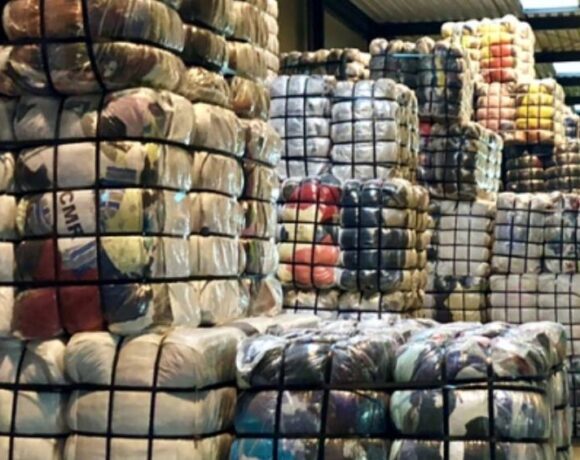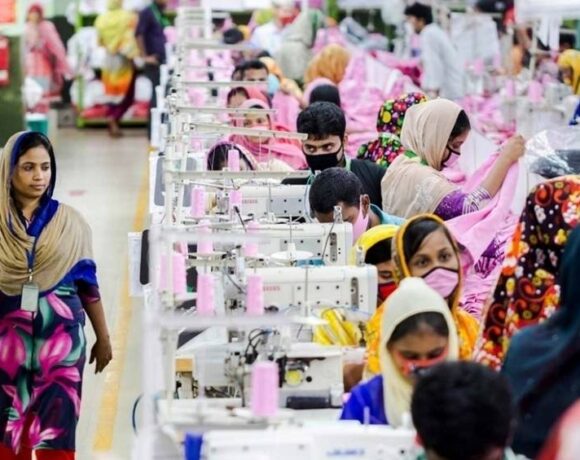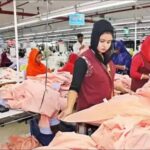AEPC And Sarvada Legal Collaborate For Apparel Sector Webinar On Emerging Non-Tariff Barriers

The Apparel Export Promotion Council (AEPC), in conjunction with Sarvada Legal, organized a significant webinar addressing the theme of “Emerging Non-Tariff Barriers in the Apparel Export Sector.” The primary objective of the webinar was to raise awareness within the apparel industry concerning issues associated with Non-Tariff Barriers (NTBs).
A notable highlight of the webinar was the revelation from a survey indicating that a substantial 69% of NTB/TBT (Technical Barriers to Trade) notifications related exclusively to the apparel industry since 2019.
Remarkably, there have been a total of 131 NTB notifications issued in relation to the textile sector since 2019, with Uganda at the forefront with 71 notifications. Other countries on the list include Ecuador with 10, China with 8, Taiwan with 7, Israel with 5, USA with 4, Peru with 3, and more.
In his inaugural remarks, Mithileshwar Thakur, Secretary General of AEPC, emphasized that non-tariff barriers have become a progressively influential tool capable of disrupting legitimate trade activities.
Thakur went on to underscore that non-tariff measures, encompassing certifications, inspections, regulations, standards, SPS (Sanitary and Phytosanitary) measures and TBT measures are generally in accordance with World Trade Organization (WTO) laws and agreements. Yet, their deployment unfairly or in violation of these agreements to discriminate against imports and constrain market access transforms them into non-tariff barriers, obstructing legitimate trade.
He also drew attention to innovative approaches pursued by developed economies like the EU, such as the Carbon Border Adjustment Mechanism (CBAM) and EU Deforestation Legislation (EUDR), which could adversely impact Indian exports and necessitate strategic responses to address these challenges.
Seetharaman Sampath, co-founder of Sarvada Legal, during his contribution to the webinar, highlighted that NTBs originate from diverse government and authority measures, such as laws, regulations, policies, restrictions and requirements designed to safeguard domestic industries from foreign competition. Technical Barriers to Trade (TBTs) encompass technical regulations, conformity assessment procedures and voluntary standards.
Seetharaman further stressed the need for vigilance regarding potential legislation or regulations in the nature of TBTs from major markets like the EU, US and UK. He emphasized proactive engagement in the consultation process and the importance of voicing concerns during the initial stages of law-making.
Throughout the webinar, participants were informed about the spectrum of non-tariff barriers, including unjustified sanitary and phytosanitary measures, packaging and labeling requirements, complex regulatory frameworks and additional trade-related documentation. The discussion also included insightful case studies illustrating the impact of NTBs on the apparel trade and the industry at large.














